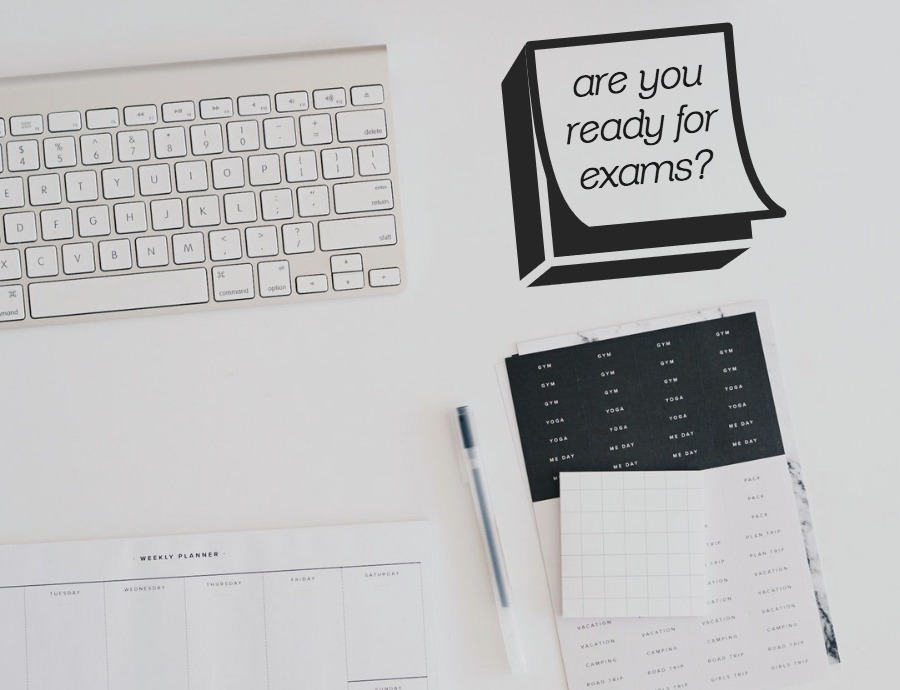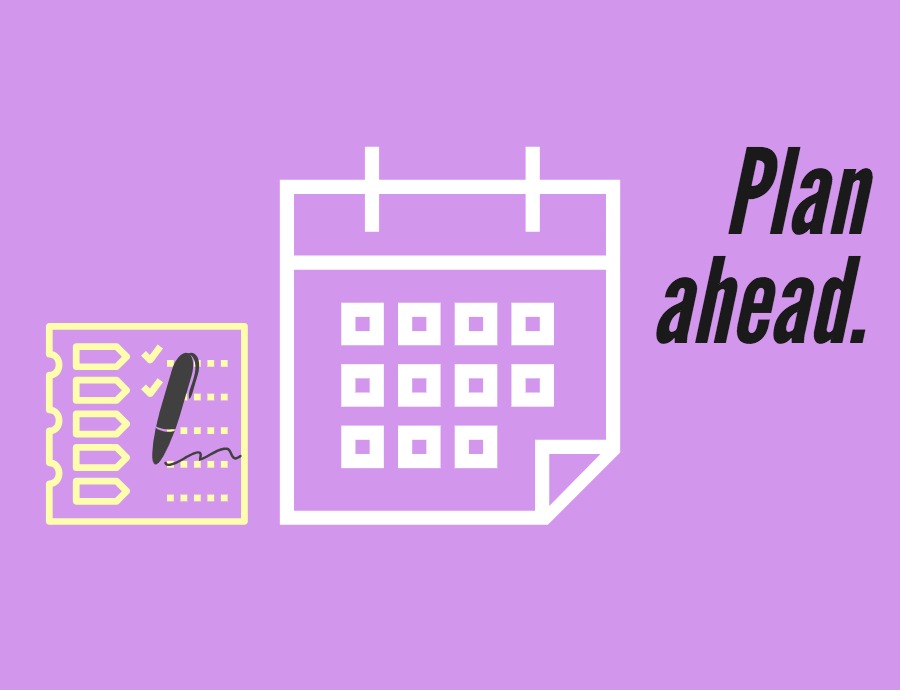There are some very common rookie mistakes: spending too much time reviewing the early lectures and running out of time before you can study the material that the exam focuses on, focusing on reading the textbook and being unable to answer questions or solve problems, focusing on one or two courses and cramming for all others the night before their respective exams. These mistakes can be catastrophic, but they’re very avoidable.
To study well, you need to plan your studies strategically. The good news is that it doesn’t take much time or effort. Here are some tips to help.
Give yourself the best possible chance to succeed by thinking ahead, by consciously deciding how you should study, and by consulting experts. Prep101 can help you every step of the way.
To study well, you need to plan your studies strategically. The good news is that it doesn’t take much time or effort. Here are some tips to help.
- Find out what will be on the exam, and find out what the focus will be. Will the exam be cumulative? Will it be more heavily weighted for the second half of the course? If you want to study strategically and make a great schedule, you need to find out everything you can. Your professors and TAs will often tell you explicitly what will be on the exam, so note it, and use the information wisely.
- Start early – block off two to three weeks in your calendar. Make sure that you leave enough time to thoroughly study for each of your classes.
- Write in all necessary tasks over the study period. Brainstorm and identify all the tasks that you’ll have to complete during the exam study session, everything from doctor’s appointments to laundry to grocery shopping. They won’t derail your studying if you’ve already planned for them.
- Schedule in all lectures and review sessions. Make all reviews non-negotiable. They’re much more focused and question-centred than your regular lectures, and they routinely go over problem areas that come up on the exams. You’ll learn so much from these sessions, from hints from professors and TAs, to brilliant questions asked by your classmates, to detailed solutions of tough problems. Make sure that you don’t miss any regular lectures, either. The closer you come to the exam, the more your professors and TAs will reveal about what you can expect.
- Break up the rest of your time into small chunks. Each piece of time shouldn’t be more than an hour, so that you can maintain your focus, and so that you can switch gears before you burn out. Be clever. Don’t over-schedule. Make sure that you don’t write in tasks for when you know you won’t be able to get yourself up in the morning or past when you can work effectively at night.
- Organize and prioritize study tasks, and give each task a slot in your calendar. You should always start by reviewing all your notes, but, after that, the main focus should be on practice. Solve all the questions that you can. By this point, you should have study packages (discussed in the last post) that reflect all the major topics from all the classes, so these should get attention. (Try to give more time to the packages from topics studied later in the semester – you’ve already been tested on the earlier material in the midterms, so these early ones need less review). The top priority should be the past finals and exam packages, so make sure that you keep plenty of time toward the end of your study period to write them, check your answers, and ask questions if you can’t get to the solutions provided.
- Schedule question periods. As you study, you’ll come across material that you don’t understand, or don’t understand anymore, and you’ll come across questions that you can’t solve. Don’t just hope that you don’t see it on the exam. Actively find a way to understand. Ask your professors or TAs in review sessions or see them in office hours. Write in one or several office visits in your exam schedule to anticipate this eventuality, and to force yourself to get all questions answered.
- Schedule in breaks, and plan for good ones. Make sure that you schedule in a break after every work period. Play around with how much time you need. You should ensure that you’re not blowing too much time (and that the breaks aren’t longer than the study period, for instance), but also watch that your breaks are meaningful, away from work, and refreshing.
- Write in time for exercise, and consider scheduling in meal-prep and meals. As you study for finals, make sure that you keep both your mind and your body properly fuelled. Don’t neglect exercise, as moving your body has a very positive effect on academic performance. Don’t neglect meals, either. If you eat too much junk food, then you’ll be tired and sluggish, and your performance will falter.
- Stop your tasks in enough time that you can sleep. If you’re tired during the day, then you’ll be less productive and less capable of the intense focus that studying requires. Make sure that you schedule in enough time to sleep well. If you’re not waking up feeling refreshed, then consider giving yourself more sleep time. This is particularly important the night before exams.
Give yourself the best possible chance to succeed by thinking ahead, by consciously deciding how you should study, and by consulting experts. Prep101 can help you every step of the way.







